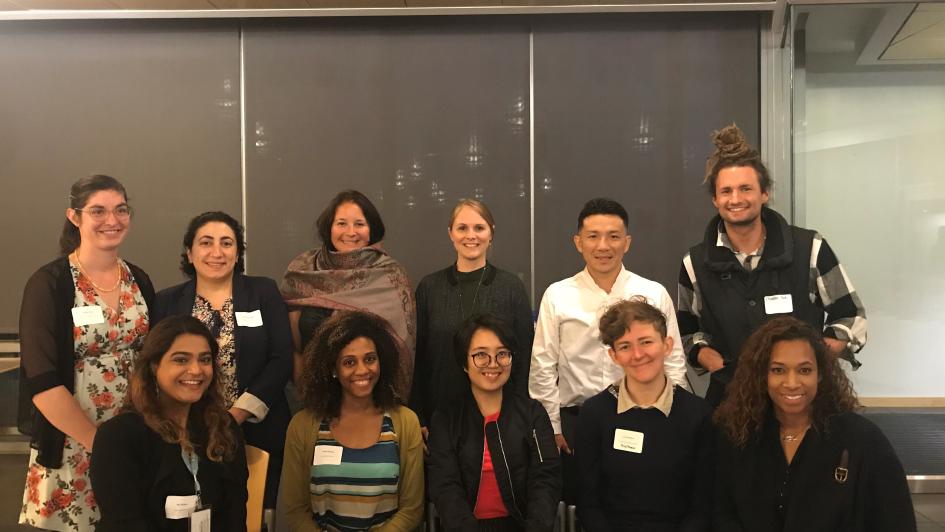Student Spotlight on Liqaa Essam Naser

Published
Serving the Underserved – 11 Bastyr Students Join UW Training Program
With health care disparities on the rise in the United States, the need for trained providers committed to improving patient outcomes is growing. Eleven naturopathic medical (ND) students are now the first cohort from Bastyr University to join the University of Washington’s (UW’s) two-year Area Health Education Center (AHEC) program. Open to students from all health care disciplines, AHEC is an “interdisciplinary educational and training program that focuses on a diverse, culturally competent healthcare workforce that specializes in rural and underserved areas.”
A career path with unanticipated twists, turns and roadblocks
One of these Bastyr students, Liqaa Essam Naser, ND and AOM student (’21), began her journey in her home country of Iraq, where she studied medicine at the University of Mosul. Shortly after graduating with her doctoral degree (MBChB) in medicine and surgery in 2004, growing tensions in Iraq influenced Naser’s decision to begin her medical career in Bahrain, where she completed a clinical internship, a rotation and board certification over the span of 10 years.
Her plan was to finish her neonatal intensive care subspecialty in Australia or Canada, but family circumstances directed her path to the U.S. It was here that Naser hit a stumbling block — in order to finish her subspecialty, she would have to submit her original diploma. In the years since her graduation, the Islamic State of Iraq and the Levant (ISIL) had taken over the city of Mosul. The University of Mosul had been turned into an ISIL training facility, several of the buildings had been reduced to rubble, and many official documents had been destroyed, including Naser’s original diploma.
During this period of uncertainty, Naser began to suffer from some debilitating symptoms. Frustrating diagnoses and a lack of clarification ultimately brought her to a naturopathic doctor, under whose care the symptoms began to dissipate after two weeks. After this experience, Naser’s plans changed: She enrolled at Bastyr and began attending classes while waiting for the paperwork that would allow her to prove her prior education. After three years, the required documentation arrived, but by then Naser was already forging a different career path. She now looks forward to graduating from Bastyr with a dual degree in naturopathic medicine and acupuncture, and aims to practice as a pediatric naturopathic physician and acupuncturist.
Reaching people who don’t know where to go for help
Naser joined AHEC in part because of the culture shock she experienced coming to the U.S. She hopes to help other immigrants adjust and gain access to quality health care.
“When [immigrants] come to the U.S., they don’t know where to go for help and often don’t speak English,” Naser explains.
Her AHEC clinical hours take place at the Muslim Association of Puget Sound, which hosts a monthly public clinic. Because of her training as a medical doctor (MD), Naser is able to practice as a medical assistant (MA) alongside a cardiologist and general practitioner. She is also studying craniosacral therapy, a healing modality she hopes to bring to clinic once she completes her certificate program.
“These immigrant communities — if you work with them and make them stronger, what’s going to happen to the whole country?` They will be a building block,” says Naser.
AHEC attracts students who are looking for a “team-based approach to addressing health disparities,” recognizing that the path to optimal wellness often has many guides along the way. Upon finishing AHEC, Naser and her fellow Bastyr students will have completed an important service learning community project, and will have gained a richer understanding of how to serve the underserved effectively.
For more information visit the AHEC website. depts.washington.edu/ahec

